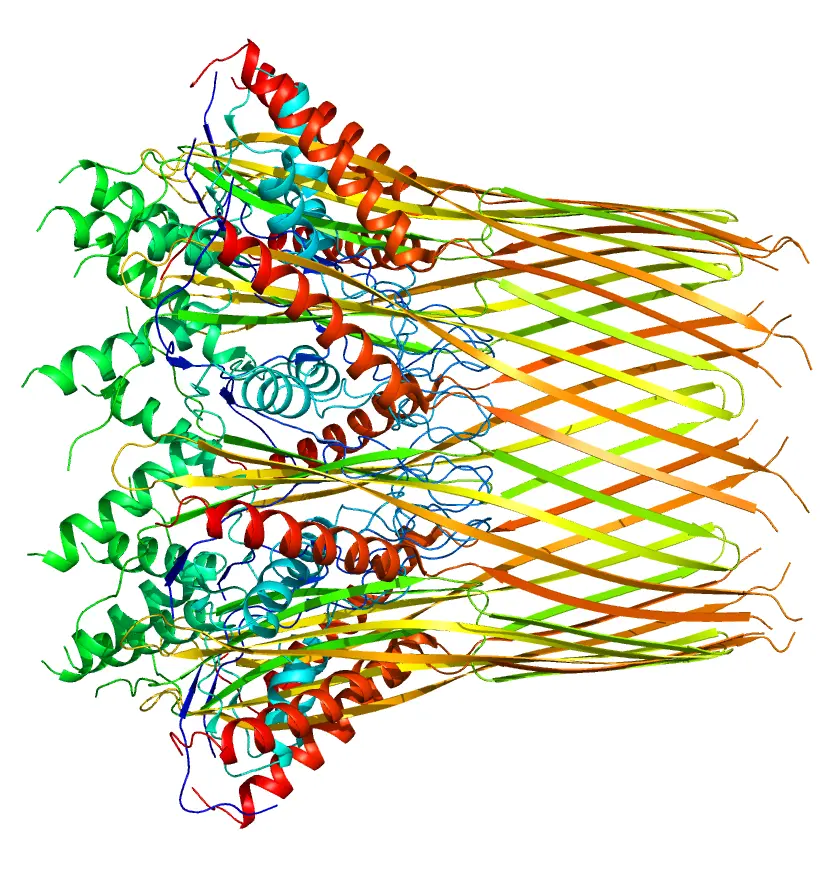
Parkinson’s Disease is an ever-prevalent neurodegenerative disease whose cases are expected to double within the next decade. While it is a multifactorial disorder that may stem from a combination of environmental and genetic factors, a more recent study has shifted the spotlight onto gut microbiota and microbial pathogens as a large contributor to neurodegenerative diseases altogether. Specifically, curli-producing bacteria in the gut microbiota could increase and facilitate alpha-synuclein aggregation in the brain. This spearheaded some research into the Curli and HSV-1 antibody correlation shown in Parkinson’s Disease patients.
Curli-producing bacteria in the gut could lead to neurodegenerative diseases
LifeTein supplied the group pursuing this work with an immunogenic peptide derived from bacterial amyloid curli to help test their theory. They chose to analyze the humoral response against this peptide as well as other α-syn peptides in both Parkinson’s Disease patients and healthy controls. What was found was a significant correlation in the Parkinson’s Disease patients’ humoral response against curli and HSV-1 when compared to the control.
While the study shows this high correlation exists between these bacterial peptides and Parkinson’s Disease, it is only the first step in this journey. The role of each of these pathogens in Parkinson’s Disease is yet to be explored and still offers a new angle of understanding the neurodegenerative disease, and hopefully a path for treating it as well.
Jasemi S, Paulus K, Noli M, Simula ER, Ruberto S, Sechi LA. Antibodies against HSV-1 and Curli Show the Highest Correlation in Parkinson’s Disease Patients in Comparison to Healthy Controls. International Journal of Molecular Sciences. 2022; 23(23):14816. https://doi.org/10.3390/ijms232314816
